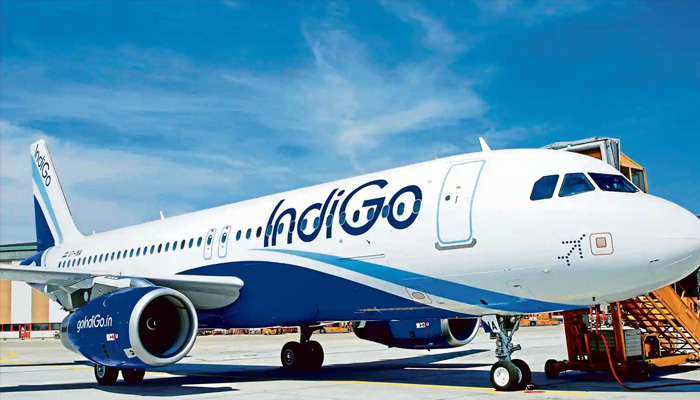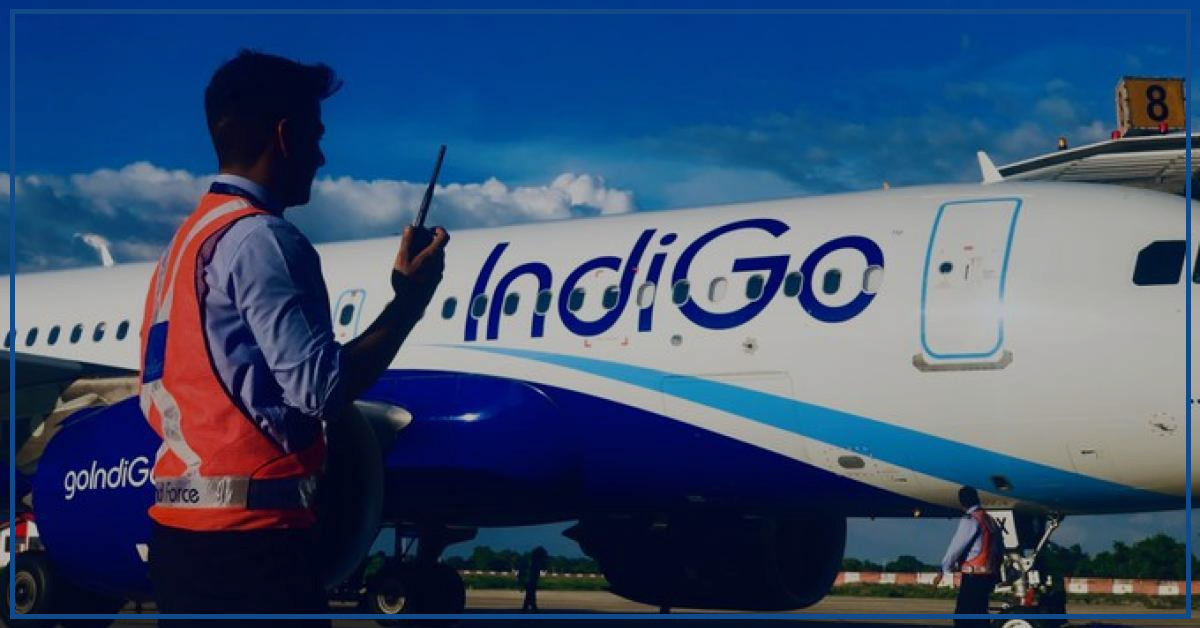In a distressing incident, an Indian-bound plane faced a harrowing situation, necessitating an emergency landing at Jinnah International Airport Karachi. The untimely demise of a passenger mid-air due to a severe heart attack prompted the pilot to seek urgent permission from the Air Traffic Control (ATC) for the landing.
The ill-fated flight, en route to Hyderabad Deccan from Jeddah, encountered the unfortunate health deterioration of a passenger, identified as Zohra. The pilot promptly sought clearance for an emergency landing at Karachi airport, a decision approved by the ATC.
The aircraft touched down, and a medical team conducted a thorough checkup, revealing the grim news that the passenger had already passed away, as confirmed by a spokesperson from the Civil Aviation Authority (CAA).
Amid the somber atmosphere, the plane, having completed the necessary procedures, resumed its journey, taking off from Karachi at 6:15 pm. This incident echoes a similar event in October, where another Indian-bound flight had to make an emergency landing at Jinnah International Airport due to a passenger’s deteriorating health.

In that instance, Indian Airlines flight IX-192, traveling from Dubai to Amritsar, sought an emergency landing at Karachi’s airport after a passenger’s health took a critical turn mid-flight. The CAA spokesperson officially verified the incident, stating that the landing occurred at 12:19 pm.
The recent incident raises questions about in-flight medical emergencies and the challenges faced by airline crews in handling such situations. The swift response of the pilot, seeking immediate clearance for an emergency landing, underscores the gravity of health issues at high altitudes.
This event also highlights the critical role of medical teams stationed at airports, ready to respond to emergencies. The unfortunate outcome, with the passenger already deceased upon landing, emphasizes the need for enhanced onboard medical facilities and protocols to address health crises effectively.
As air travel resumes its pace, incidents like these serve as poignant reminders of the unpredictable nature of in-flight emergencies. Airlines and regulatory authorities must continually reassess and improve protocols to ensure the safety and well-being of passengers during air travel.
In conclusion, while the recent incident brought tragedy to the skies over Karachi, it also prompted a broader conversation about the ongoing efforts to enhance aviation safety and medical response capabilities.





